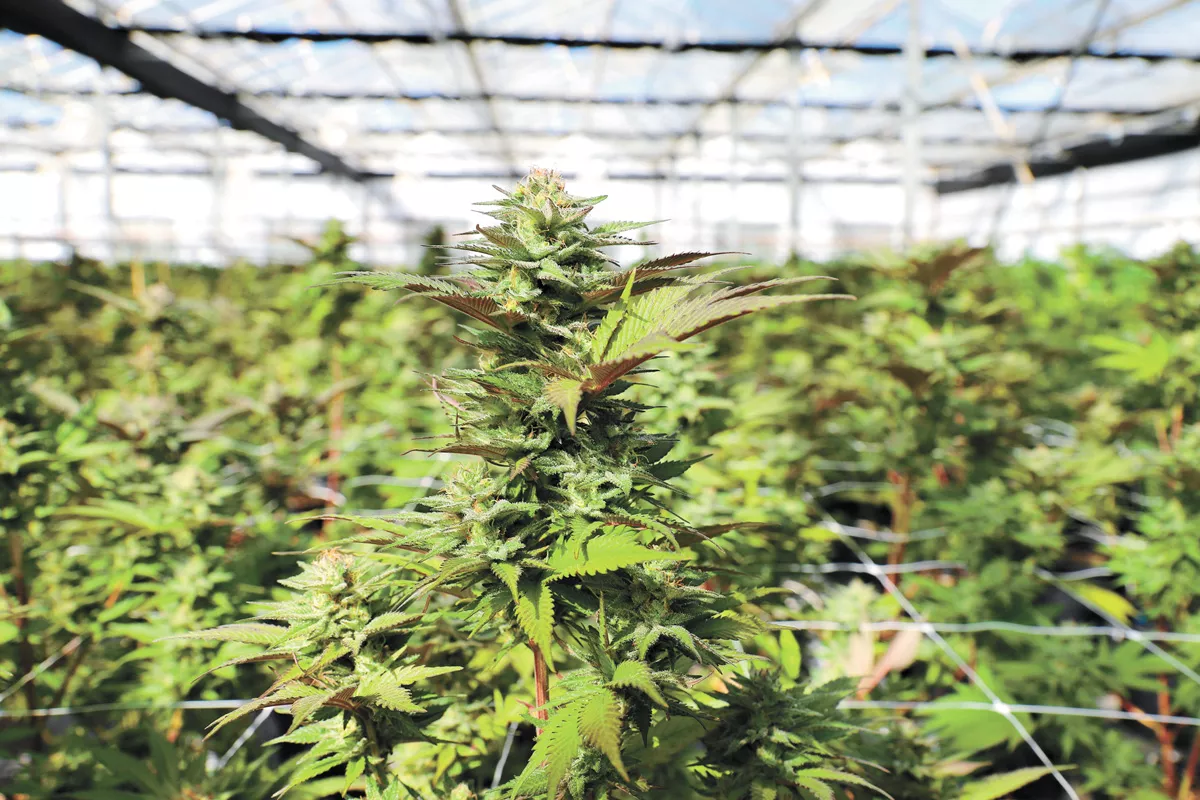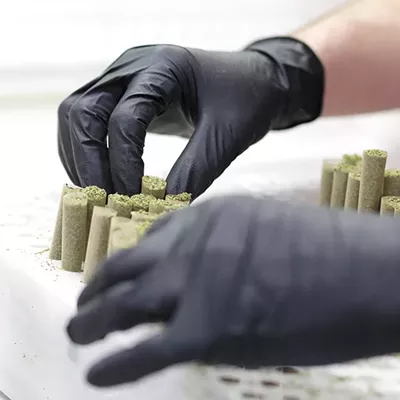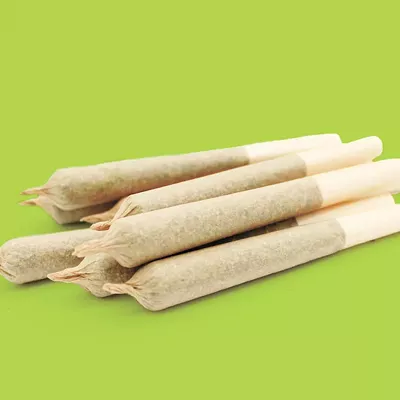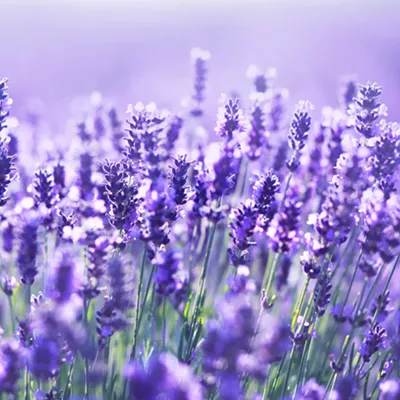It's New Year's resolution time, and I've decided on what I'll be cutting out of my cannabis consumption in 2021.
Cannabis may come from the earth, but the way it's grown for commercial use is far from natural. Temperature-controlled greenhouses with advanced lighting and irrigation systems help producers grow enough to meet demand and turn a profit. In many cases, they use pesticides to help with the process as well.
The Washington State Department of Agriculture provided to the state Liquor and Cannabis Board a 32-page list of pesticides approved for use on marijuana. Some are as benign as vinegar or garlic oil while others have names that come straight out of a chemistry textbook. In that regard, the state does regulate the use of pesticides in the cannabis industry.
On the other hand, though, as of 2020, Washington was the only state with a legal cannabis market that does not require growers to test their products for pesticides. (Testing is required for medical marijuana, however, and the Liquor and Cannabis Board is considering expanding the requirement to include all cannabis.)
As of now, it's up to individual producers to test their products. Some don't, but many do, and any budtender can lead you to products that have been tested to be pesticide-free.
For many consumers, it's important to know what they're consuming. Especially with pesticides on cannabis, because we still don't know much about how they impact our bodies.
"All the pesticides that the [Liquor and Cannabis Board] has approved are pesticides that are safe for agriculture. They're pesticides you can eat. But before cannabis, the only agriculture that was being smoked was tobacco," Justin Hutcherson from Cinder tells the Inlander.
Studies on what happens to pesticides when they undergo combustion are scarce. What happens to those chemicals when you spark a joint? As is the case with so much about cannabis, the scientific community is still in the process of figuring it out.
A 2013 study published in the Journal of Toxicology looked at the likelihood of pesticide residue on cannabis making its way into the body of the cannabis user. It found that "chemical residues present on cannabis will directly transfer into the mainstream smoke and ultimately the end user."
So, we know pesticide residues will follow the smoke into our lungs, but that's about it for now. Which is why in 2021 I'm going to be purchasing pesticide-free whenever possible. ♦





















